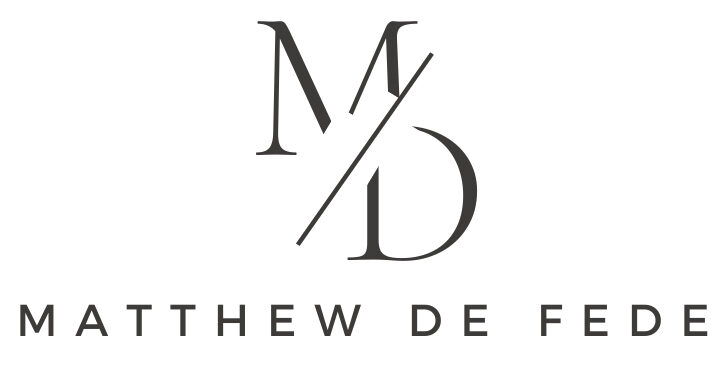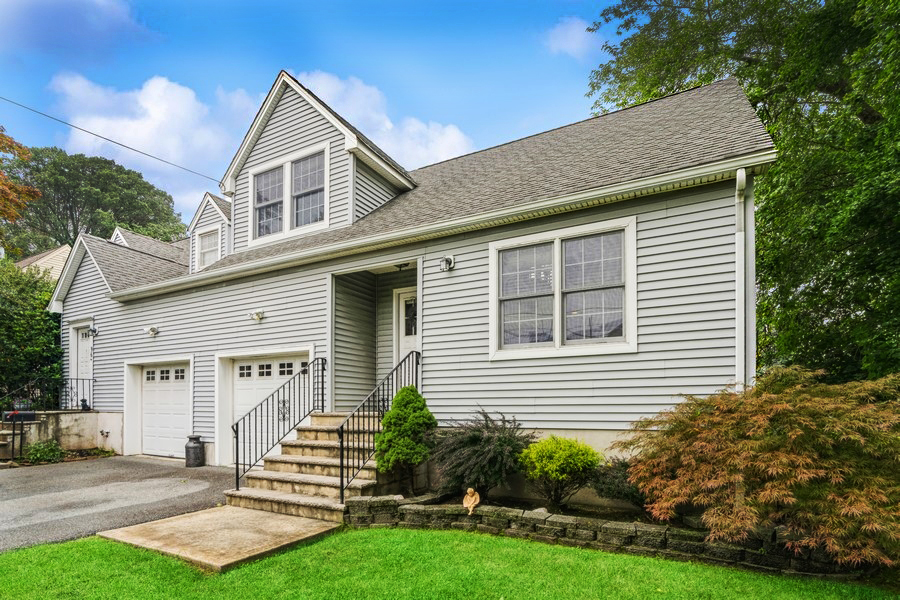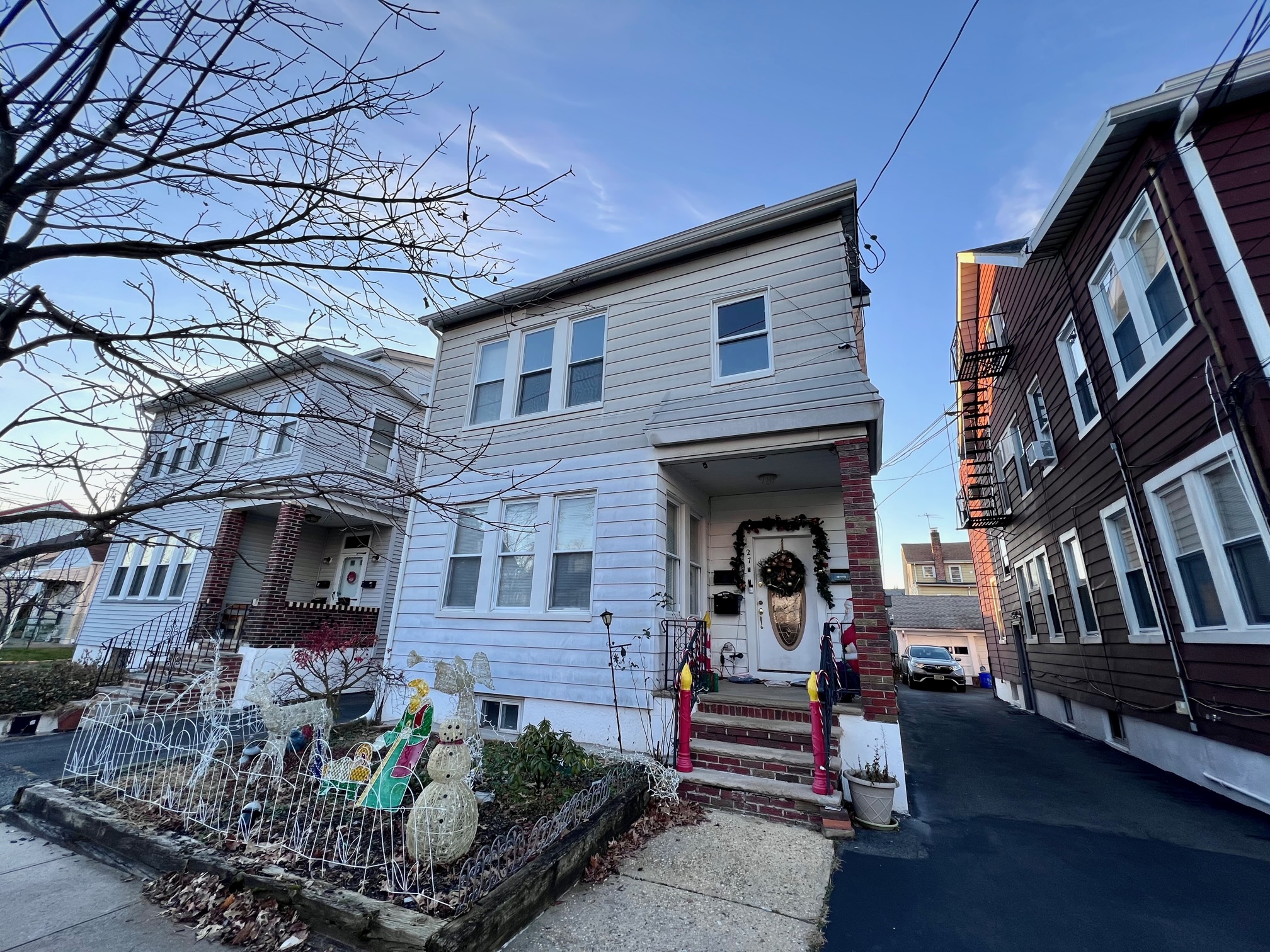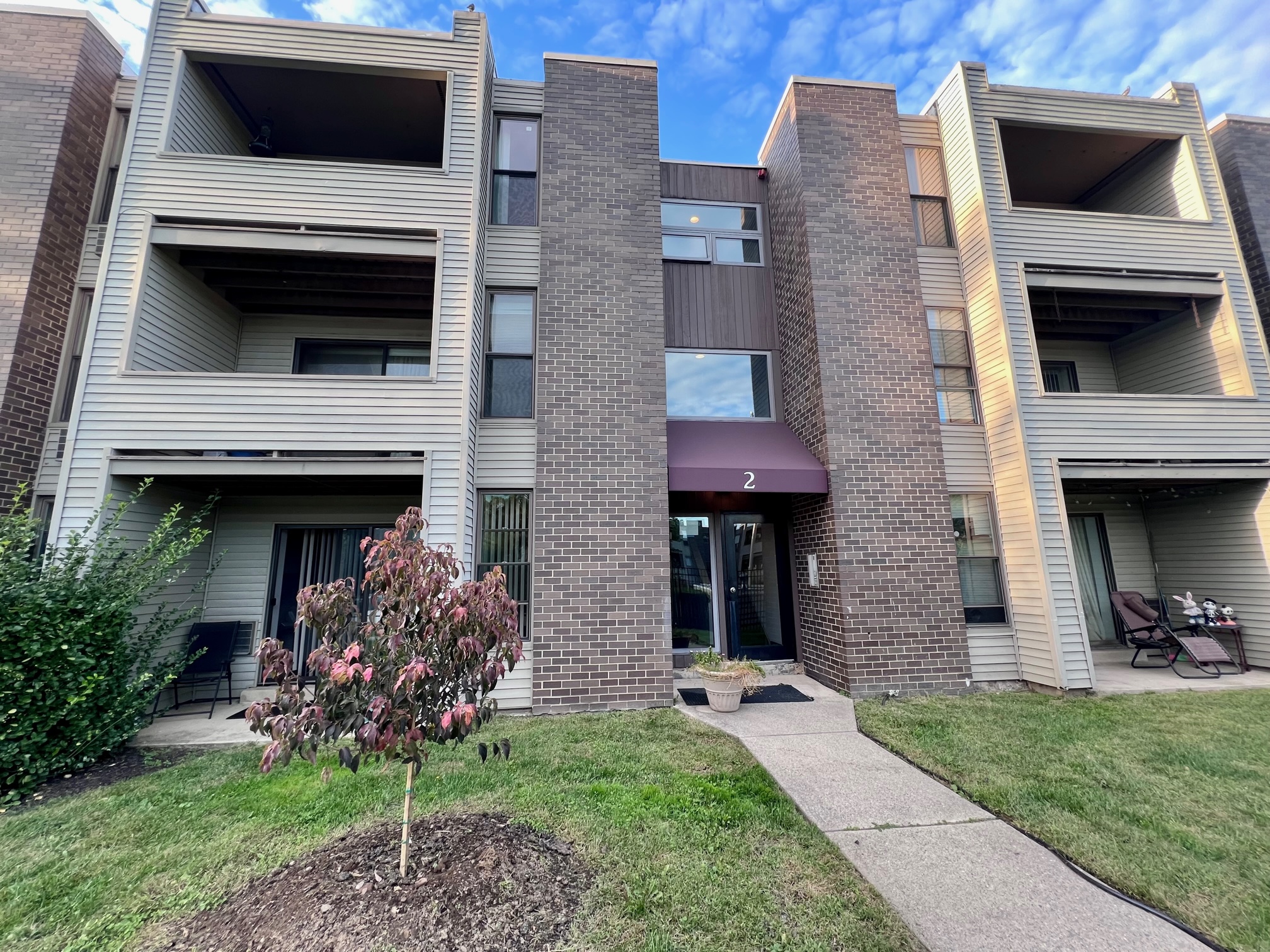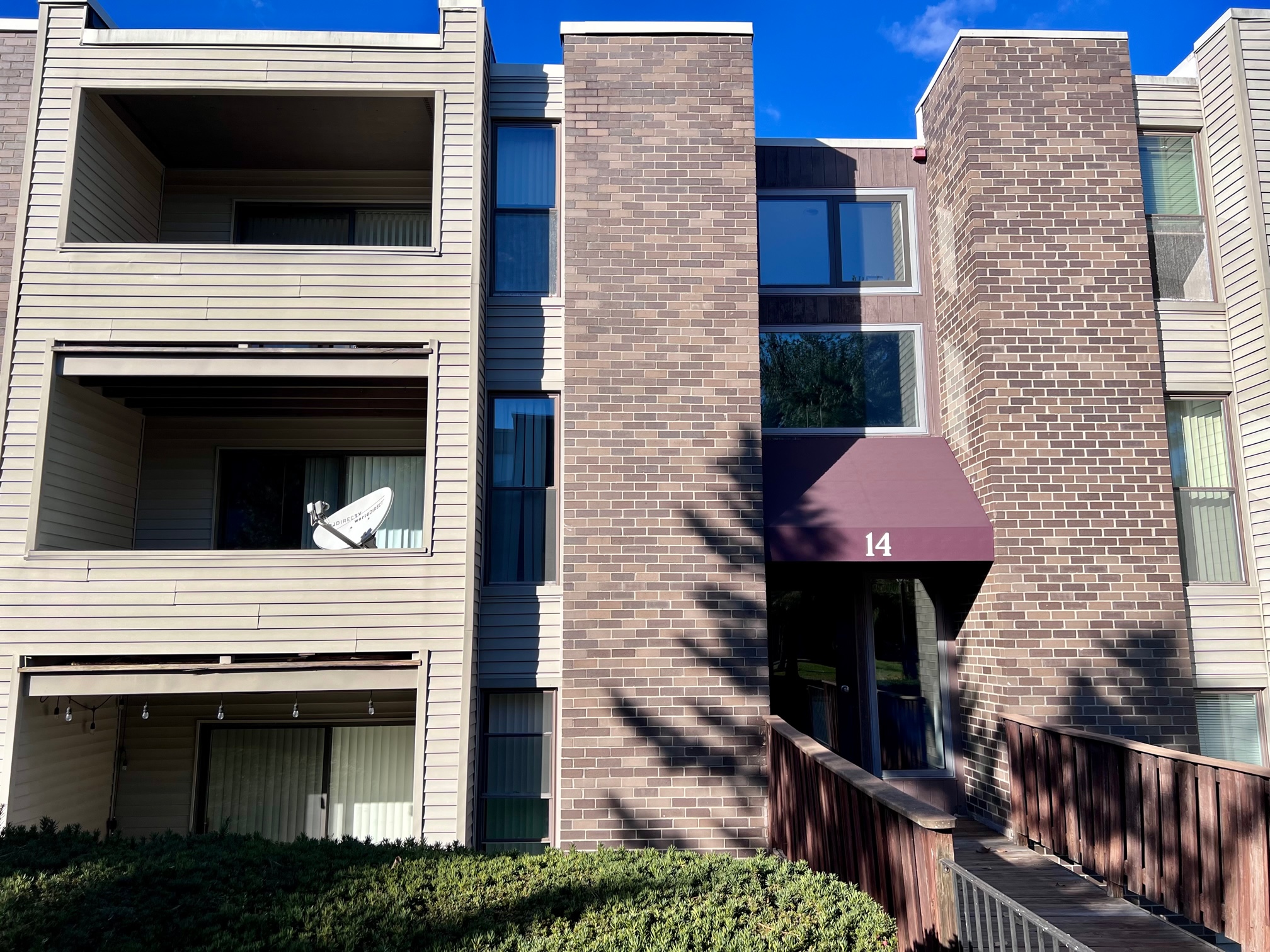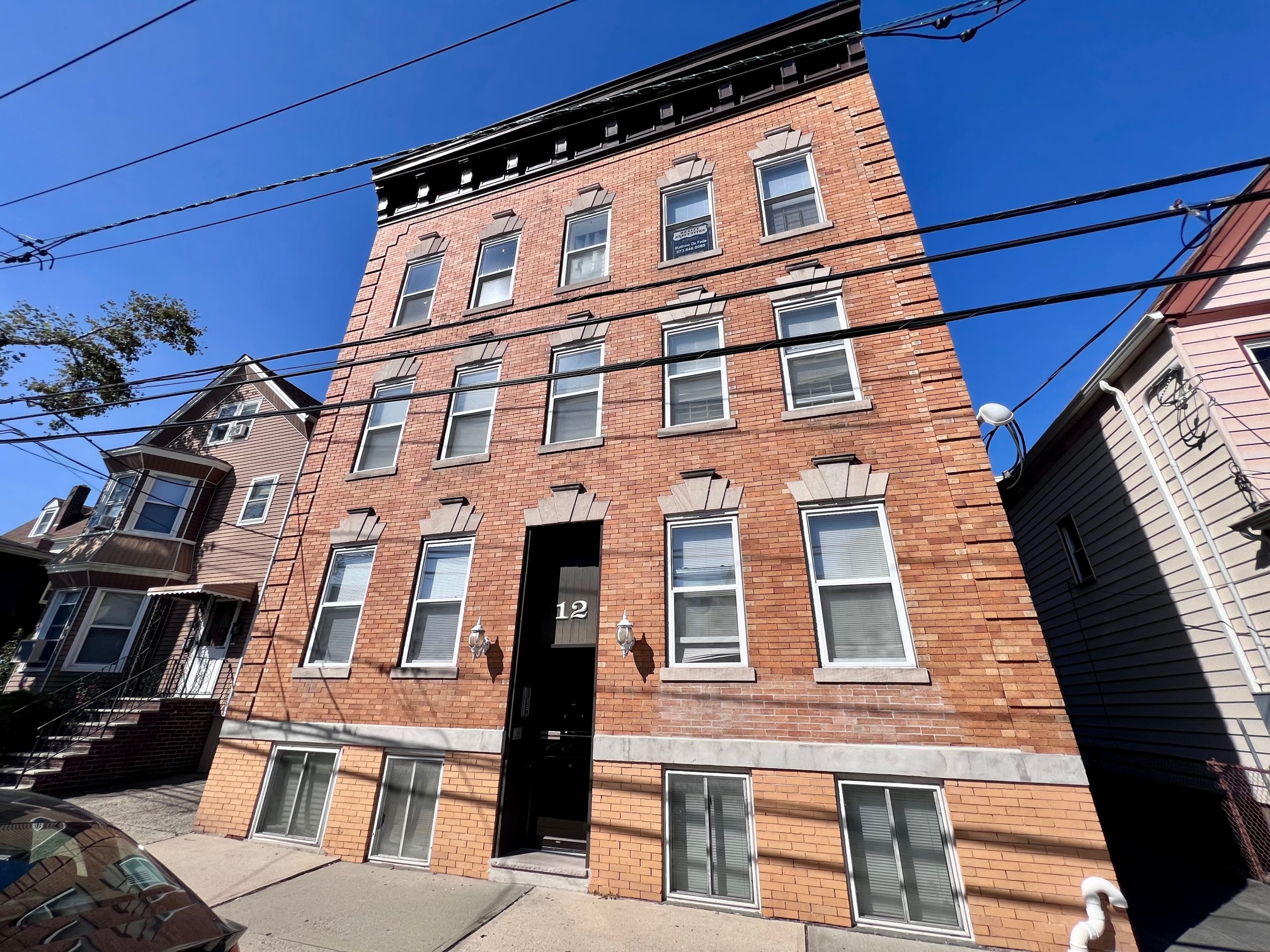Luxury Home in Nutley Minutes from NYC in a Charming Neighborhood
Admire this Luxury Home in Nutley nestled in the quaint township of Nutley, New Jersey, lies an exquisite Luxury Home in Nutley that epitomizes luxury living within minutes of the bustling heart of New York City. With meticulous attention to detail evident in every corner, this property offers a rare fusion of comfort, sophistication, and … Read more
